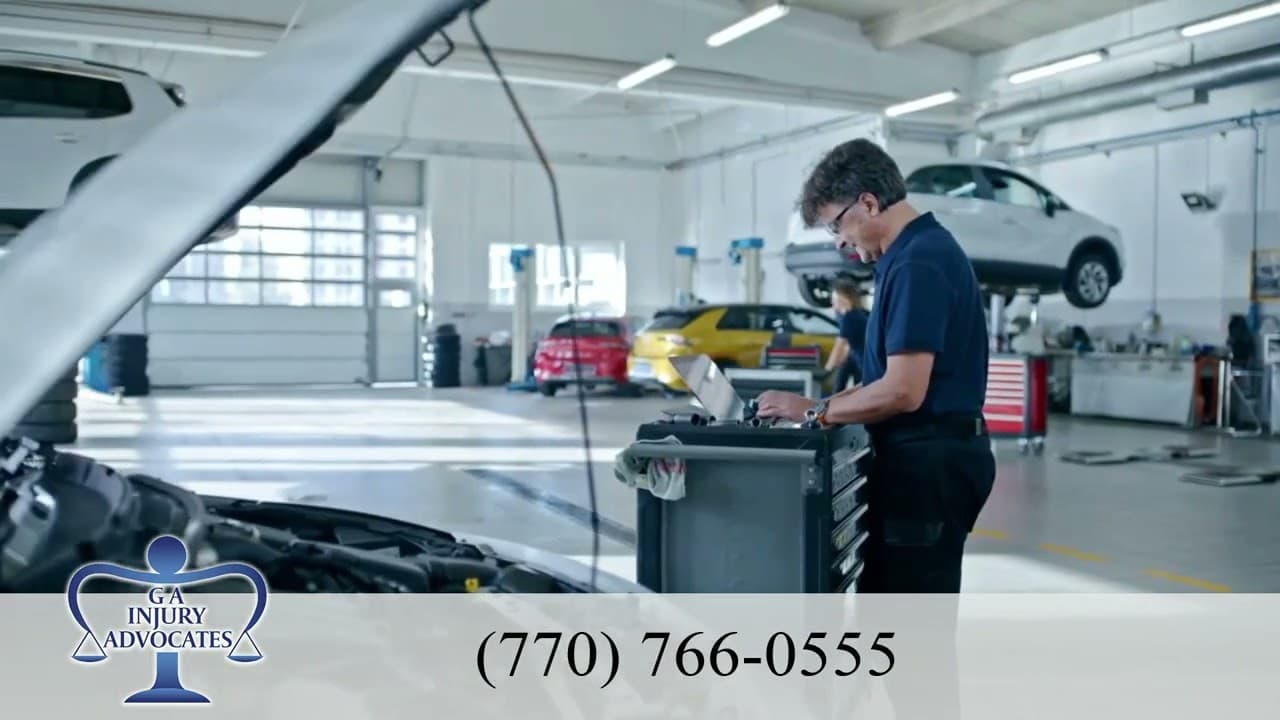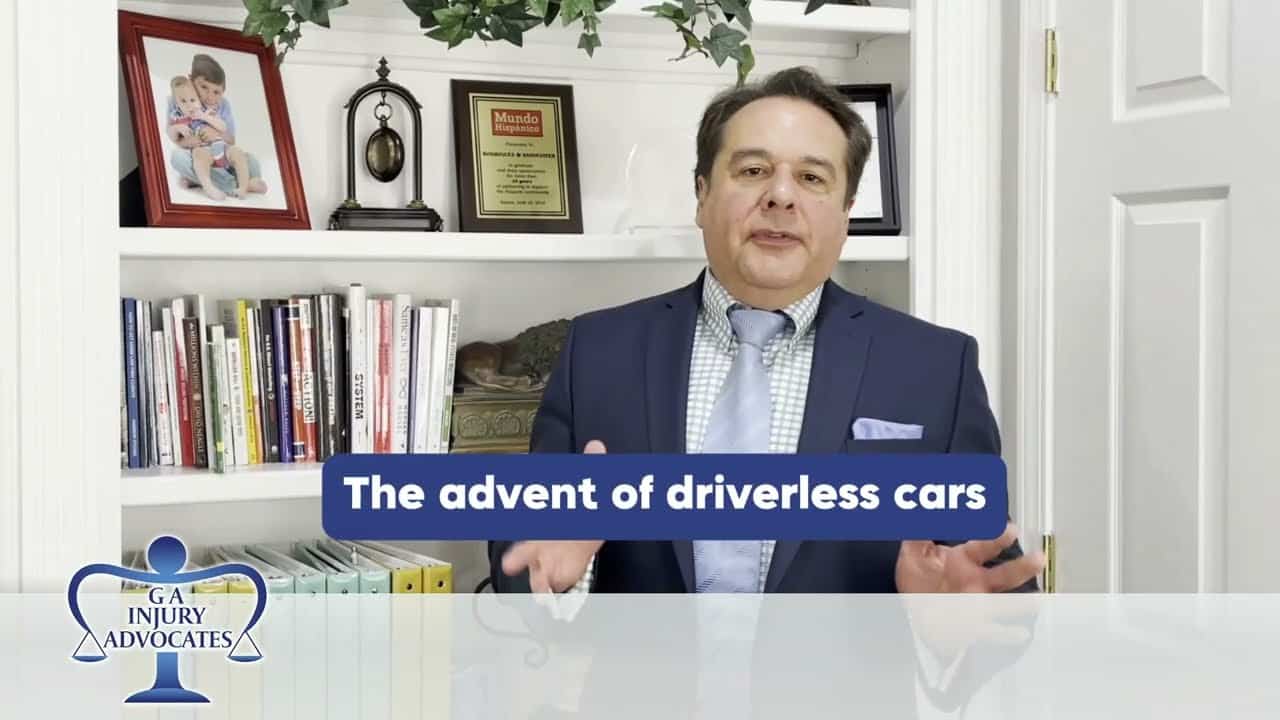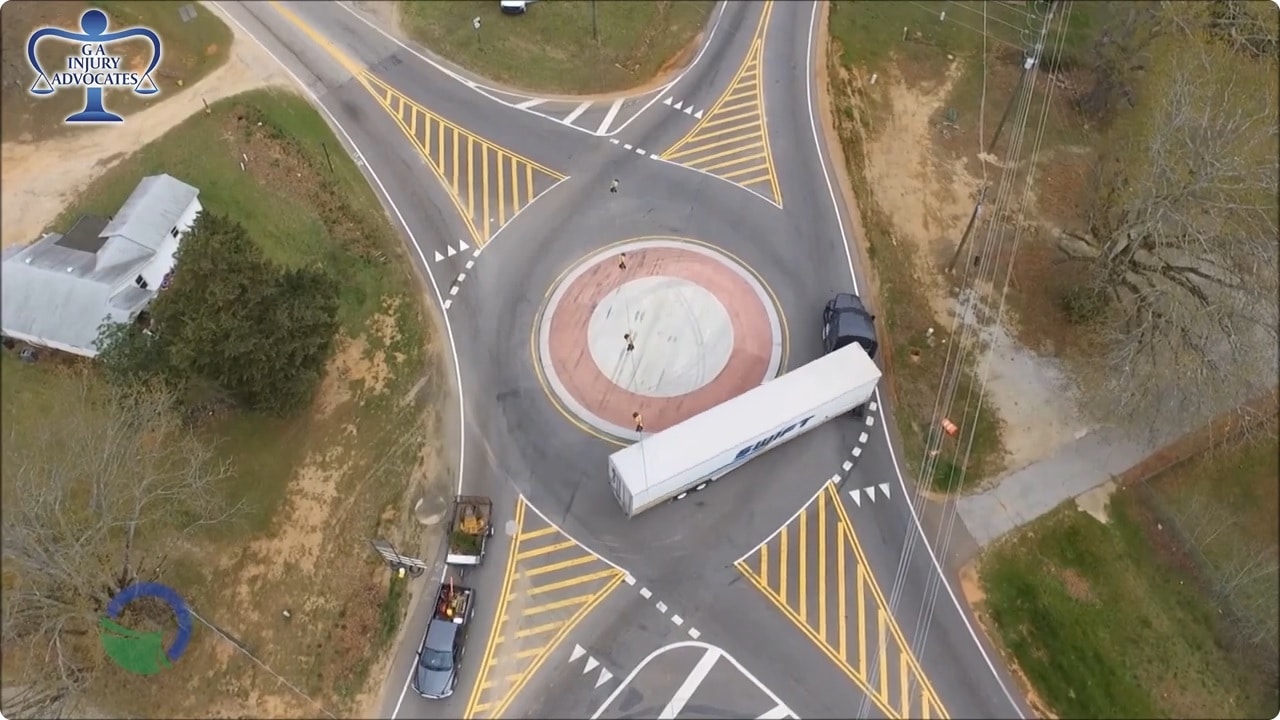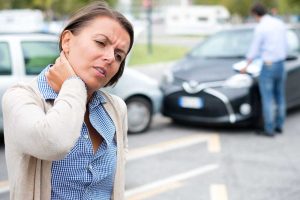Driveless vehicles promise safer roads and fewer accidents, but…
The advent of driverless cars is changing the landscape of transportation, not only in the United States but across the globe. These vehicles promise safer roads and fewer accidents, which is fantastic news for public safety. However, as with any groundbreaking innovation, autonomous vehicles also bring new challenges—particularly in the realm of personal injury law.
- What Are Driverless Cars?: Driverless cars, also known as autonomous vehicles (AVs), are equipped with advanced technologies such as sensors.
- Safer Roads, But Not Accident-Free: One of the most significant advantages of autonomous vehicles is their ability to eliminate common human errors.
- How Driverless Cars Impact Personal Injury Law: In a traditional car accident, liability often falls on a driver who acted negligently.
- What Should You Do If You’re Involved in an Accident with a Driverless Car?: Always seek medical attention, even if you feel fine immediately after an accident.
- Fewer Accidents, Fewer Cases: The Business Impact on Personal Injury Firms: Driverless cars promise to make roads significantly safer, with fewer accidents occurring due to human error.
- The Future of Personal Injury Law: As autonomous vehicles become more prevalent, the legal system must adapt.
What Are Driverless Cars?
Driverless cars, also known as autonomous vehicles (AVs), are equipped with advanced technologies such as sensors, cameras, and artificial intelligence. These features allow them to navigate roads, avoid obstacles, and operate without human intervention. Companies like Tesla, Waymo, and others are pioneering this field, with the goal of reducing human error, which is a leading cause of traffic accidents.
Injured in a Car Accident?
Satisfied clients: 4.8 star +Google Reviews
To learn how we can help you with your case, please contact us.
Safer Roads, But Not Accident-Free
Reducing Human Error
One of the most significant advantages of autonomous vehicles is their ability to eliminate common human errors, such as distracted driving, speeding, or driving under the influence. According to the National Highway Traffic Safety Administration (NHTSA), human error accounts for approximately 94% of all traffic accidents. Driverless cars have the potential to drastically reduce these numbers.
Unforeseen Risks
While driverless technology is designed to improve safety, no system is flawless. Software glitches, sensor failures, and cybersecurity threats could still lead to accidents. Additionally, interactions between autonomous and traditional vehicles could result in unforeseen complications, particularly during this transitional phase.
How Driverless Cars Impact Personal Injury Law
Determining Liability
In a traditional car accident, liability often falls on a driver who acted negligently. With autonomous vehicles, this becomes more complex. Who is responsible in the event of a crash—the car manufacturer, the software developer, or the vehicle owner? These questions are already shaping new legal precedents.
Insurance Considerations
As driverless cars become more common, insurance models may need to shift. Instead of focusing solely on driver liability, policies may place greater emphasis on product liability. This could involve holding manufacturers accountable for malfunctions or defective components.
Data as Evidence
Autonomous vehicles collect extensive data on their surroundings and performance. This information can serve as critical evidence in personal injury cases, helping to determine the sequence of events leading up to an accident. However, issues of data privacy and accessibility may arise.
What Should You Do If You’re Involved in an Accident with a Driverless Car?
Seek Medical Attention
Your health and safety are the top priority. Always seek medical attention, even if you feel fine immediately after an accident.
Document the Scene
Take photos of the vehicles, road conditions, and any visible injuries. If the autonomous vehicle’s technology is in question, documenting the scene becomes even more crucial.
Consult a Personal Injury Attorney
Given the complexities surrounding driverless car accidents, consulting an experienced personal injury attorney is essential. At Georgia Injury Advocates, we stay ahead of emerging legal trends to ensure your rights are protected.
Fewer Accidents, Fewer Cases: The Business Impact on Personal Injury Firms
A Safer Future
Driverless cars promise to make roads significantly safer, with fewer accidents occurring due to human error. This is a win for society as fewer lives will be lost or disrupted by preventable collisions.
Challenges for Personal Injury Attorneys
With fewer accidents, personal injury attorneys may face a reduction in cases. This shift will require firms to adapt by focusing on more complex cases involving autonomous vehicles, such as product liability or technology failures.
Staying Ahead of the Curve
Personal injury firms must invest in understanding the nuances of autonomous vehicle technology and the evolving legal landscape. By staying informed and proactive, firms like Georgia Injury Advocates can continue to serve clients effectively, even as the industry changes.
Driveless Cars: Who’s Responsible for Accidents?
🚗🤖 Driveless Car Accidents Are Going to Shift the Liability to Manufacturers and Software Developers As driverless cars become more common, liability in accidents is shifting from drivers to manufacturers and software developers. Learn from Injury Attorney Ramiro Rodriguez, Jr. from Georgia Injury Advocates. Let’s get in touch to review your case! Call us now... [Read More]The Future of Personal Injury Law
As autonomous vehicles become more prevalent, the legal system must adapt. New regulations, updated insurance policies, and evolving legal standards will all play a role in shaping the future of personal injury law.
At Georgia Injury Advocates, we are committed to staying at the forefront of these changes. If you’ve been involved in an accident, whether it involves a traditional vehicle or a driverless car, we’re here to help. Contact us today for a free consultation.
Call us now at (770) 766-0555 to discuss your case. Together, we can navigate the road ahead.
GA Injury Advocates
Latest posts by GA Injury Advocates (see all)
- TRUST is Our Core Value ⚖️💙 - November 6, 2025













